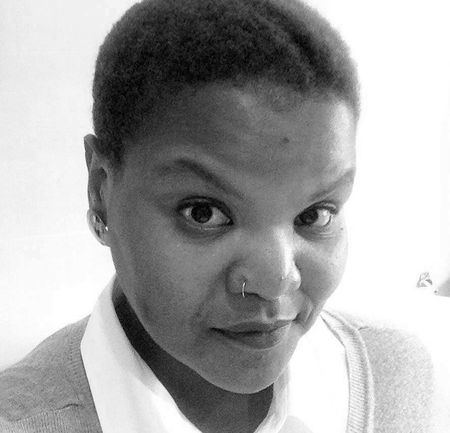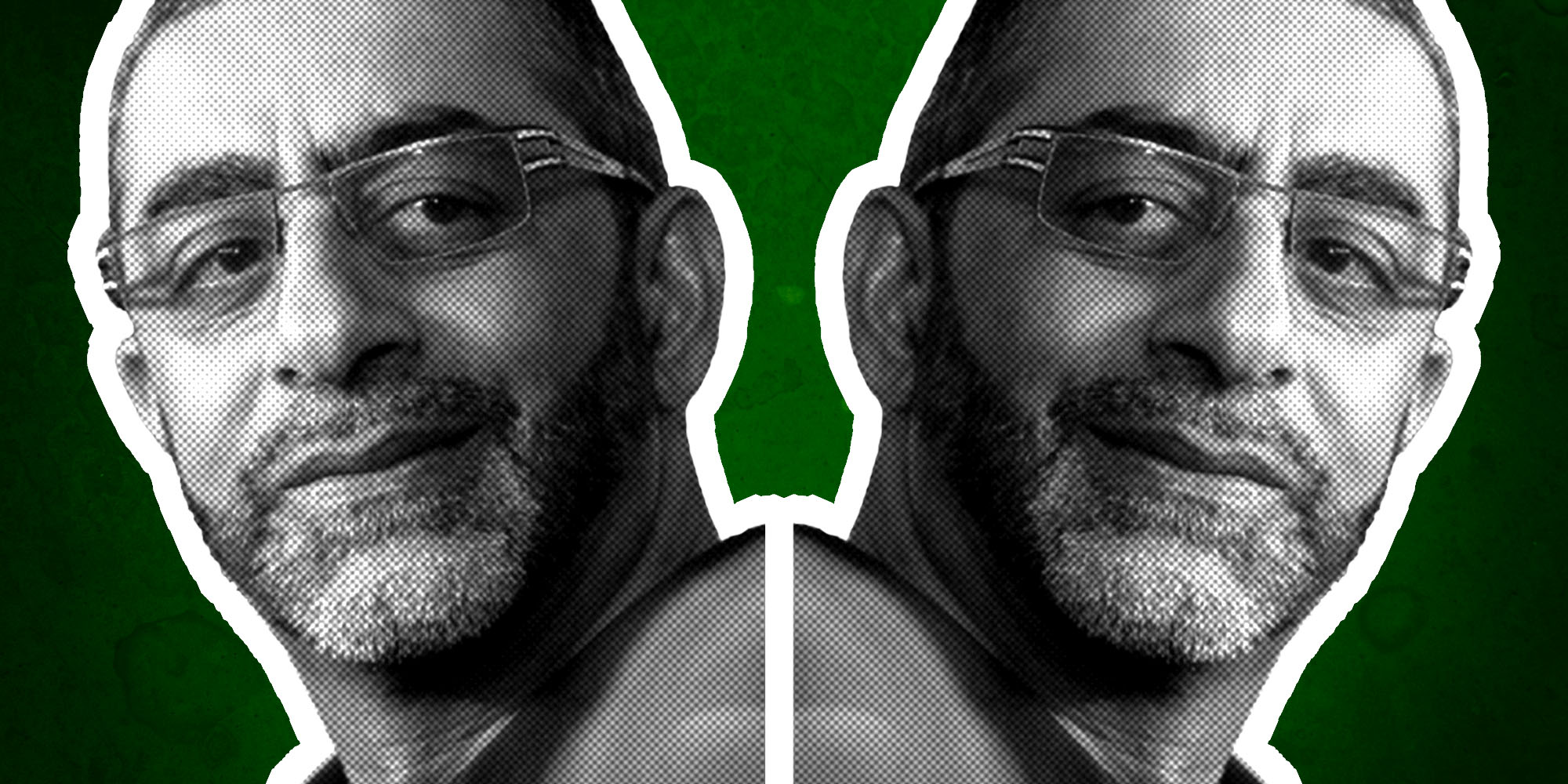Maverick Citizen’s Mark Heywood contextualised the discussion by quoting a poem by Kae Tempest which he felt related to where South Africa stood at the moment:
“It’s coming to pass, my country’s coming apart
The whole thing’s becoming such a bumbling farce
Was that a pivotal historical moment we just went stumbling past?”
On how the Gift of the Givers was conceived, Sooliman told Heywood: “It’s not actually my organisation … what’s important to understand is that it is totally spiritual, something guided by a divine power and a spiritual master in Istanbul.”
He explained that when he moved to Pietermaritzburg in 1986, a patient he was treating told Sooliman he needed to go to Turkey and meet a spiritual teacher who he thought had similar ideas and would be of great benefit to him.
In 1991, Sooliman and his wife were in Turkey and they met the spiritual leader – and so began his lifelong journey in service of people.
The spiritual leader told him: “My son, mankind is one single nation, the God of all mankind is one – we just know him by different names. The behaviour and characteristics of a single person is not reflective of an entire nation, culture, religion or country. You engage people without being judgemental … always look for the good in a person.”
Sooliman says that the spiritual leader subsequently instructed him to form a spiritual organisation called “Gift of the Givers” in Turkish, and that he was to serve people who needed help with love, compassion and dignity – and expect nothing in return. He told him to always look for hope and signs of good, and never send out negativity, as this destroyed hope and mankind.
Today, Sooliman’s team consists of 90 full-time staff of South Africans from all walks of life, races and cultural affiliations. The other permanent staff are stationed around the world, as he believes that when going to help manage disasters in foreign countries, it is best to work with people who are from there and understand the country better. Gift of the Givers also has a crew of volunteers who offer their skills.
Heywood asked Sooliman how he juggled so many moving parts, where he learnt how to do it all, and if he sometimes woke up thinking it was all too much.
“To be in this position is a very fortunate position because it fills your soul. So when we go on missions, the teams say, actually, we didn’t ‘give’ anything, we received … they feel the love of the people…
“Do I ever get tired? No, because what if my child was on the other side? Every hour of suffering is an hour of suffering that shouldn’t be happening. We took one step at a time to build a team, do a local project, master it, take a second project – we have 21 different categories of projects … nothing has been learnt at university.”
Visit Daily Maverick's home page for more news, analysis and investigations
Sooliman said he and his team learnt how to disaster-manage on the job over the 30 years they have been in existence.
Answering an audience question about where the foundation’s funding came from, Sooliman said it was generated from people’s goodwill on seeing the work that he and his team do, and through media exposure:
“The spiritual teacher said you will never look for money … we don’t write proposals, advertise or go door to door. People give because they trust we will use it correctly.”
He says almost 100% of the money was South African – from ordinary people, pensioners, cake sales, the middle class and increasingly from corporations.
Asked by Heywood if the organisation had ever had an issue with corruption, Sooliman gave a resounding “no”, saying there had on occasion been goods that went missing, but such incidents were very few.
On the question of how Sooliman maintained his sense of hope despite all that was happening in South Africa, he explained that faith was an important aspect of hope:
“My mental make-up is different. My wife calls me an alien. She said ‘when we talk about emotions you’re not from this universe’...
“I practise emotional distancing and I taught that to my teams, but it doesn’t always work. I tell them you can feel empathy for a situation, but don’t get attached to an individual, a baby, a child, a person. The moment you do that, it’s going to wreck you.”
He said trauma counselling was quite important for his team to avoid post-traumatic stress disorder, while pointing out that some of the negativity and hopelessness is also generated by the media.
Sooliman said he found hope in rural areas and townships where people continue to strive and not complain, despite experiencing hardships like not having running water or electricity, or facing starvation and watching their children dying.
He also said it was important to know there were good people in government in spite of all the bad things that happen, and that corporations too had good and bad people. Heywood agreed there were many good people around the country whose stories needed to be told.
Sooliman went on to say that South Africans needed to understand that the country does not belong to the government, but to the 62 million people in it. He said the country’s growth is reliant on people helping each other.
He quickly quashed any suggestions that he was interested in politics, saying that working from the outside gave him greater freedom and shielded him from the bureaucracy of government, which often led to delays in service delivery and even responses in disaster management.
Sooliman said he believed the principles of spirituality, morality, values and ethics were paramount. He said there was no need for people to give up on the country as it was not falling apart or war-torn like others.
“You don’t have to be with Gift of the Givers … you can make a difference in your own neighbourhood. We need to hold each others’ hands and the first hand you hold is that of your family, those closest to you, then your neighbour…
“Teach and inculcate in our children the sense of giving – and it doesn’t have to be money. It’s all about positive infusion.” DM/MC





 Dr Imtiaz Sooliman from Gift of the Givers on August 10, 2017 (Photo by Gallo Images / Alet Pretorius)
Dr Imtiaz Sooliman from Gift of the Givers on August 10, 2017 (Photo by Gallo Images / Alet Pretorius)